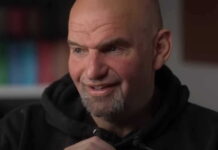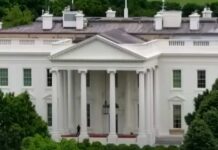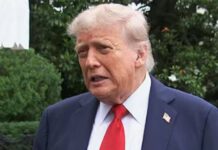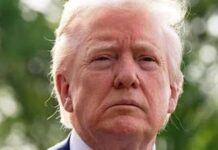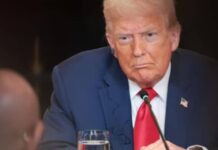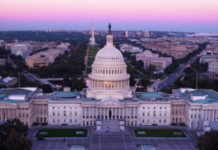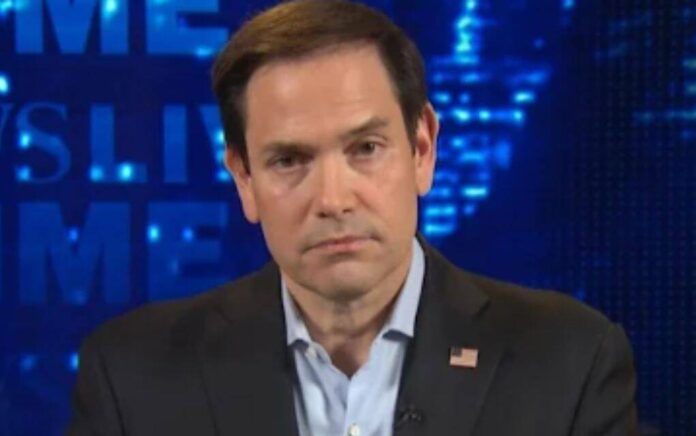
The Trump administration isn’t playing around. They’ve come to get America back on track.
And Secretary of State Rubio calls out this world leader in a move that turned everything upside down.
Rubio Accuses Zelensky of Misleading the U.S. on Rare Earth Minerals Deal
Secretary of State Marco Rubio has accused Ukrainian President Volodymyr Zelensky of attempting to “hustle” the United States by publicly rejecting a proposed agreement on rare earth minerals while privately expressing openness to discussions with Kyiv’s legislature.
Rubio, alongside Vice President JD Vance and Russia-Ukraine special envoy Keith Kellogg, met with Zelensky at the Munich Security Conference last weekend to negotiate the details of a $500 billion economic investment package, described by the Trump administration as a security guarantee for Kyiv. However, after initially indicating support for the deal, Zelensky later claimed to have outright rejected it, a move that left Rubio and his colleagues feeling misled.
“I was personally very upset,” Rubio stated in a video interview with independent journalist Catherine Herridge, posted on X Thursday. “We discussed this issue about the mineral rights, and we explained to them, ‘Look, we want to be in joint venture with you, not because we’re trying to steal from your country, but because we think that’s actually a security guarantee.’”
Zelensky had conveyed his willingness to proceed with the deal, calling it a logical step forward but insisting that Ukraine’s parliament, the Verkhovna Rada, needed to approve it. Just days later, however, Zelensky publicly declared that he had flatly refused the offer, contradicting the tone of the private discussions.
“I read two days later that Zelensky is out there saying, ‘I rejected the deal. I told him, “No way,” that we’re not doing that.’ That’s not what happened in that meeting,” Rubio said.
The controversy comes as President Donald Trump escalates his criticism of Zelensky, calling him a “dictator” and casting doubt on Russian President Vladimir Putin’s responsibility for the war.
“He sent a message that he’s not going to get gamed here,” Rubio said of Trump’s recent remarks. “He’s willing to work on peace because he cares about Ukraine, and he hopes Zelensky will be a partner in that, and not someone who’s out there putting this sort of counter-messaging to try to, you know, hustle us in that regard.”
Rubio also expressed frustration over what he perceived as a lack of appreciation from Zelensky, noting that the U.S. has already provided nearly $200 billion in economic and military assistance. He called it “very counterproductive” for the Ukrainian leader to suggest that Trump was pushing Russian “disinformation.”
Adding to the tension, Trump dismissed Treasury Secretary Scott Bessent’s recent visit to Ukraine to negotiate the minerals agreement as a “wasted trip” and criticized Zelensky for making “it very hard to make deals.”
“President Trump is very upset at President Zelensky in some cases — and rightfully so,” Rubio stated. “Joe Biden had frustrations with Zelensky. People shouldn’t forget that. There are newspaper articles out there about how he cursed at them in a phone call because Zelensky, instead of saying thank you for all your help, is immediately out there messaging what we’re not doing or what he’s not getting.”
On the question of peace negotiations, Rubio pushed back on concerns that Ukraine or its European allies were being excluded from discussions, stressing that officials from Ukraine, the EU, and the G7 have been consistently briefed. He also noted that the recent meetings in Munich and subsequent discussions with Russian officials in Riyadh were steps toward opening diplomatic channels, not finalizing agreements.
“To say that we haven’t consulted with them is not accurate; it’s not true. It’s also not true that we haven’t consulted with our allies in Europe,” Rubio said, explaining that he personally updated five foreign ministers immediately after meeting with Russian representatives.
During the Riyadh talks, Rubio, alongside national security adviser Mike Waltz and Middle East envoy Steve Witkoff, sought to gauge Russia’s willingness to engage in discussions aimed at ending the war. The meeting did not involve detailed negotiations but instead served as a first step toward re-establishing diplomatic dialogue.
“I’m not sure the Russians are fans of the Iranian regime having nuclear weapons,” Rubio noted, suggesting that there might be common ground to build upon in future discussions.
“This meeting was as much as anything else, ‘Are you interested in even talking about ending the war?’” he said. “‘If you are, then let’s create a process where we can begin to engage at a technical level.’ And that process will now at some point be set up and begin.”
Meanwhile, Vice President Vance has criticized media portrayals of the peace negotiations, arguing that reports have either been “entirely bogus” or lacking key details.
“The president is trying to achieve a lasting peace, not massage the egos or anxieties of people waving Ukraine flags,” Vance said on X.
Vance also dismissed the notion that NATO membership for Ukraine should be a precondition for negotiations, calling it an unrealistic demand. “The idea that the President of the United States has to start the negotiation by saying ‘maybe we’ll let Ukraine into NATO’ defies all common sense. Again, it’s not appeasement to acknowledge the realities on the ground — realities President Trump has pointed to for years in some cases.”
Stay tuned to The Federalist Wire.


